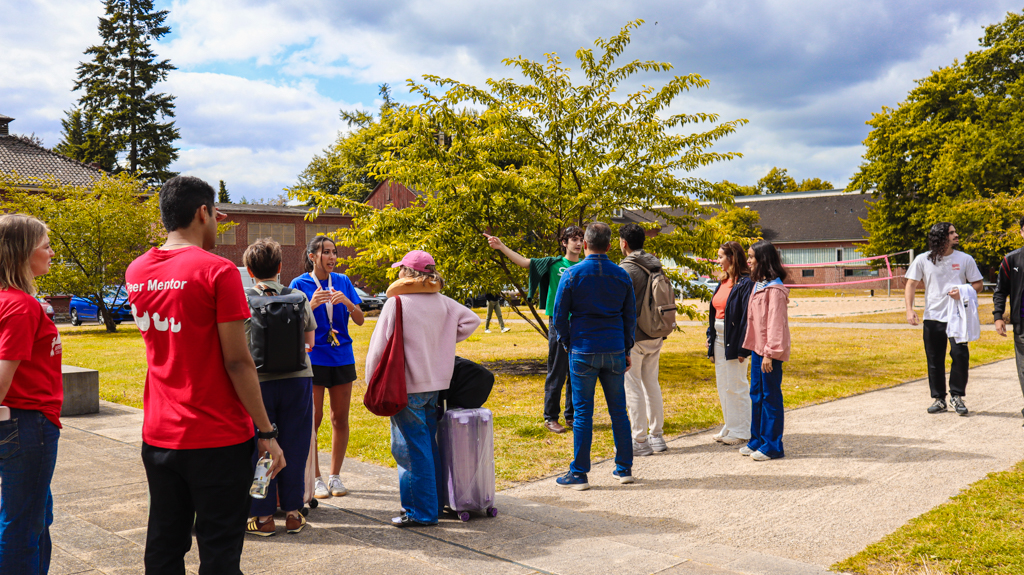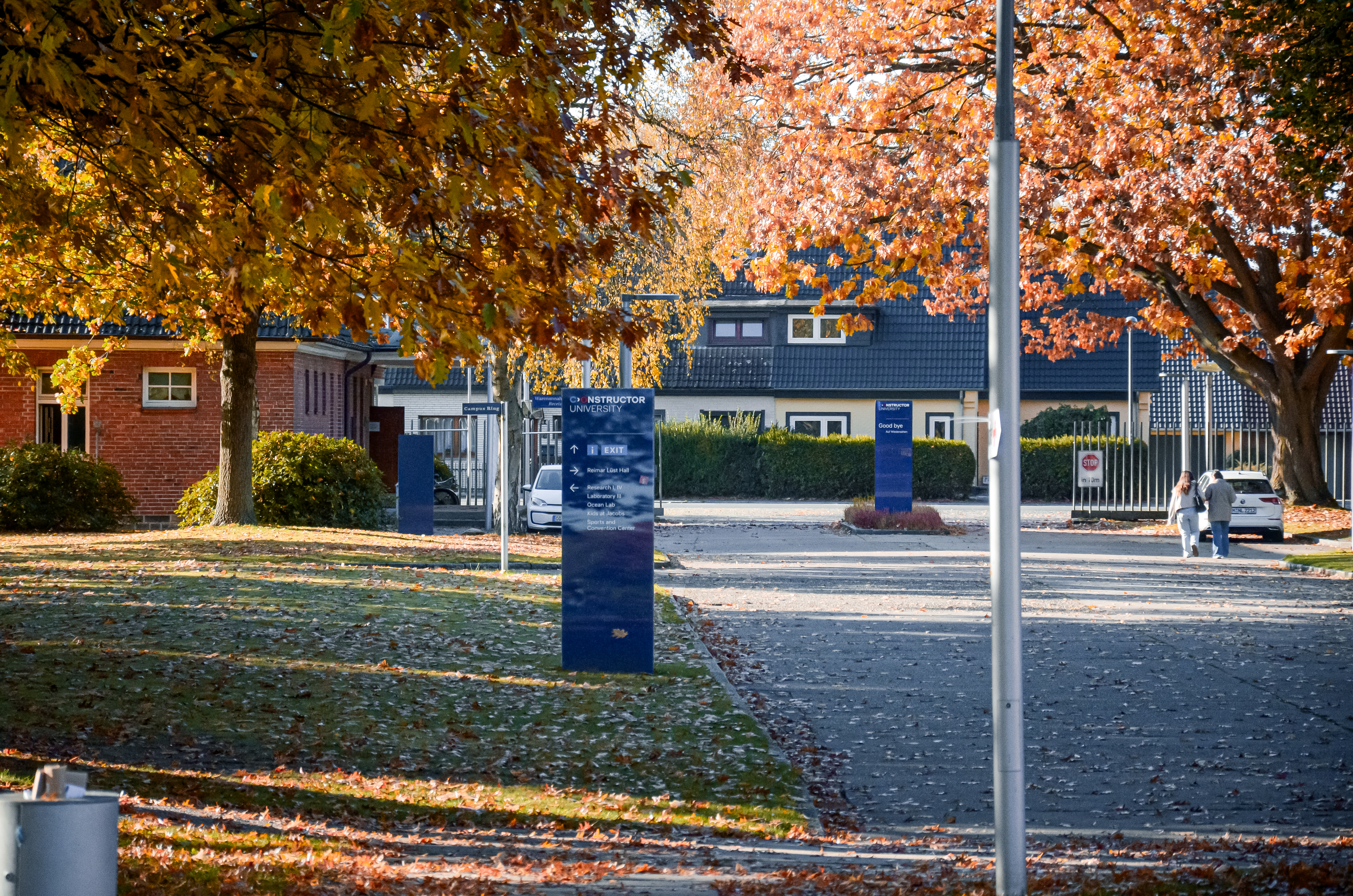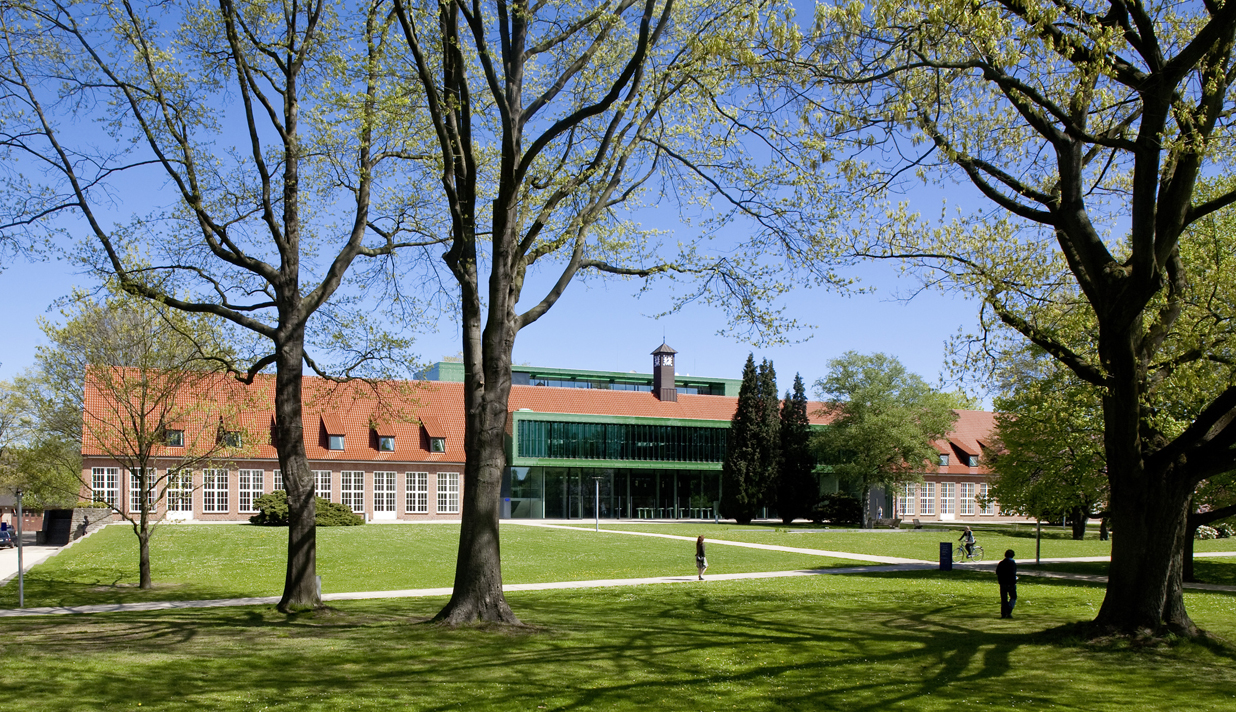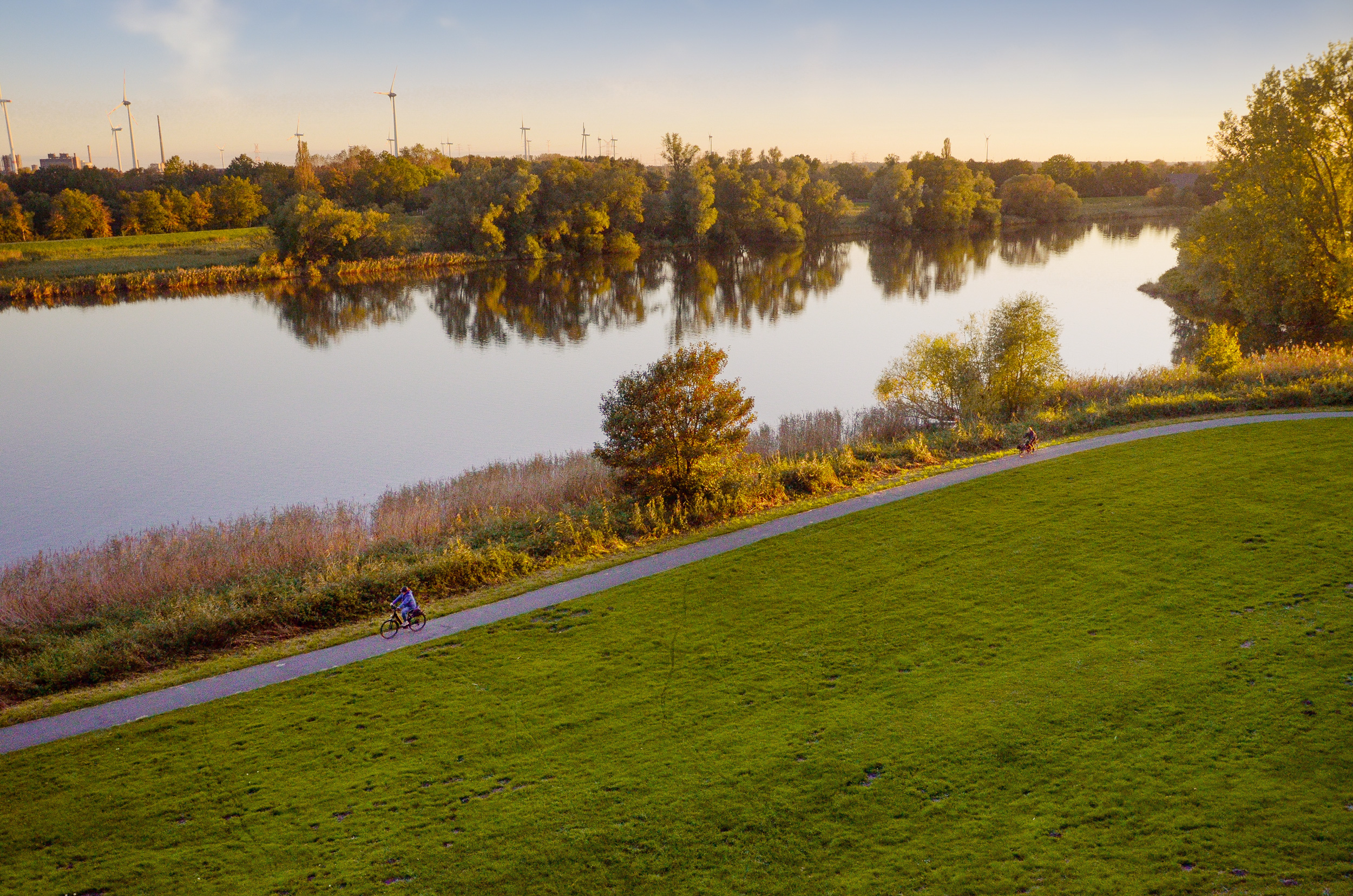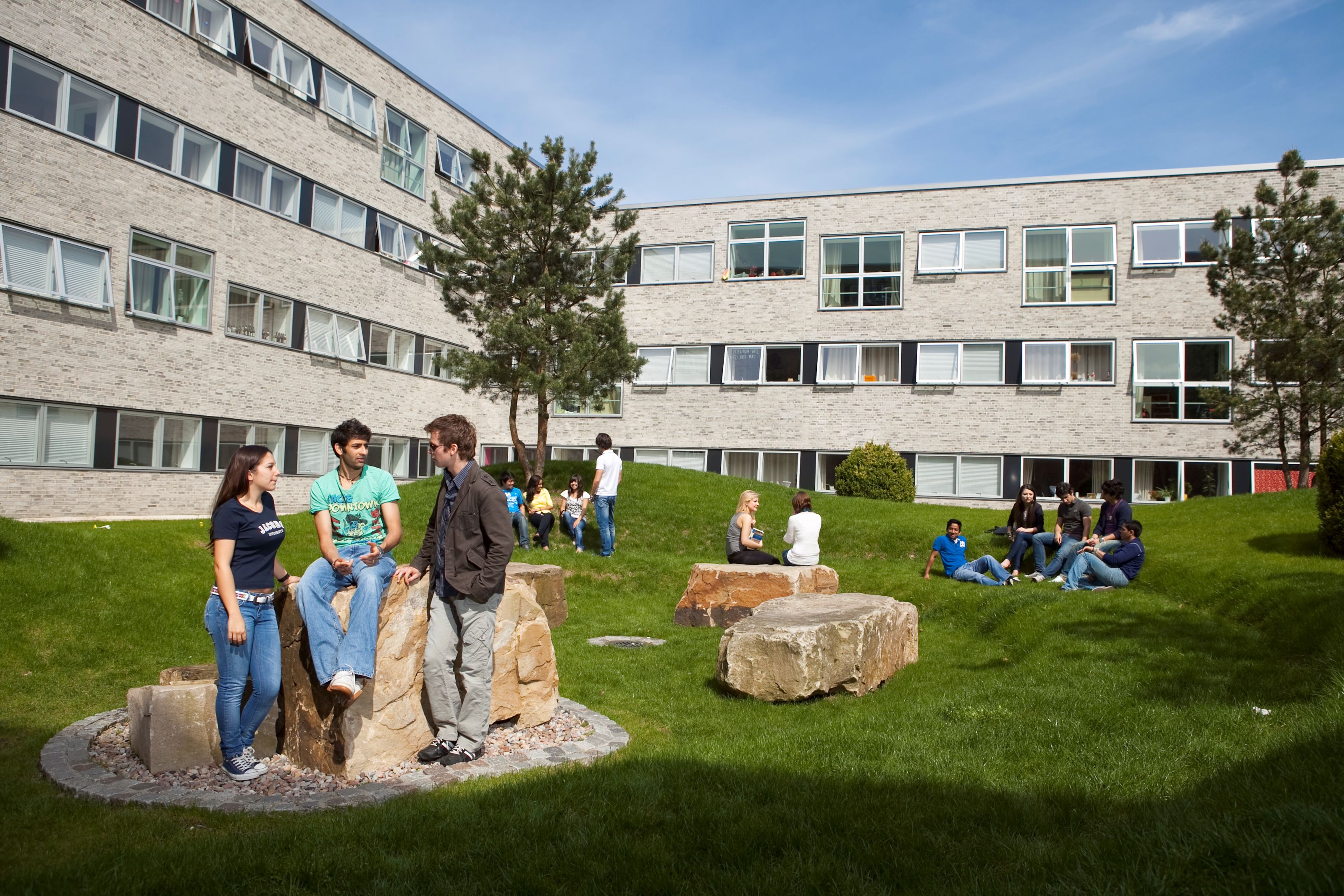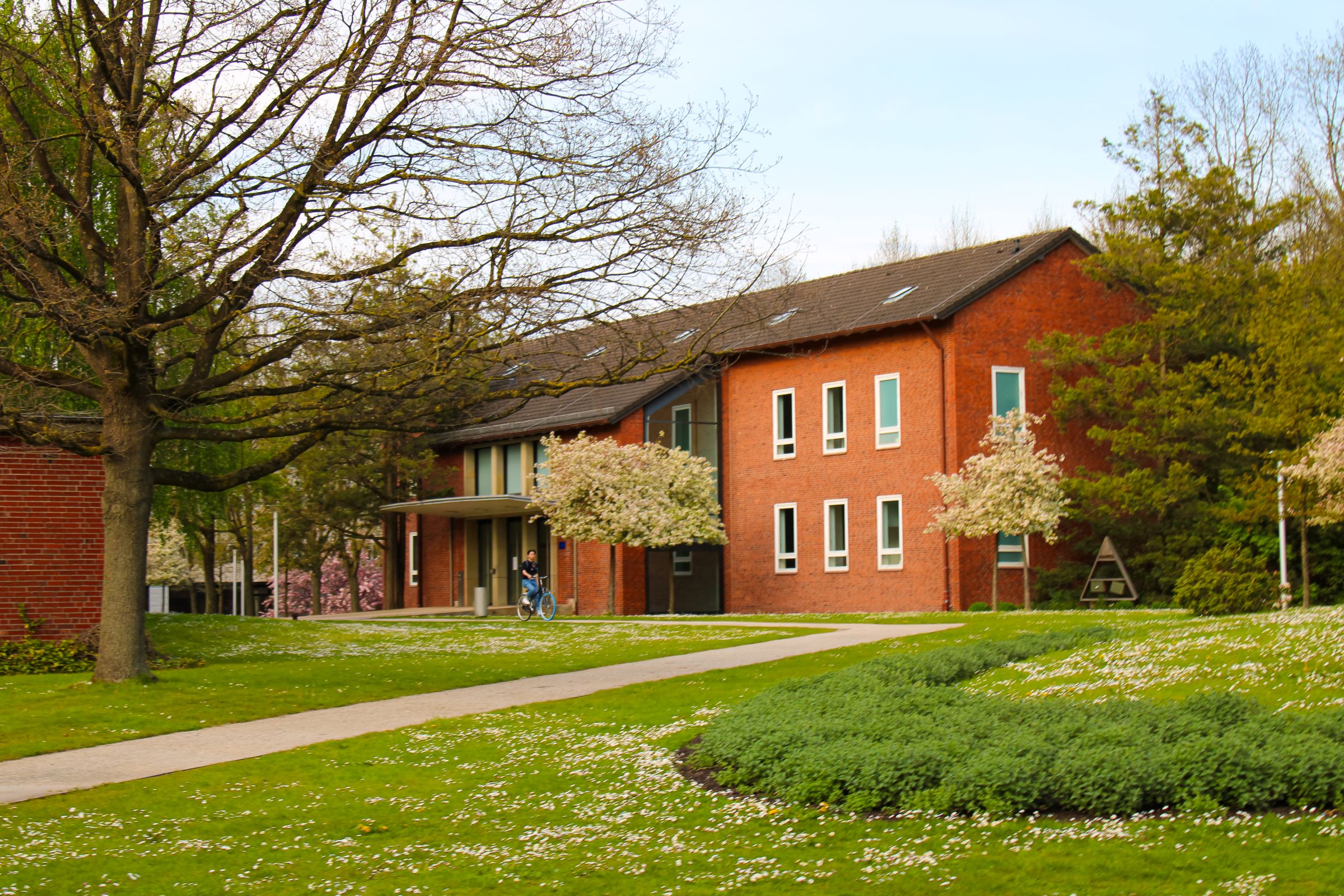October! The best month of fall; the weather gets colder, the trees turn beautiful shades of orange and gold, and most exciting of all Halloween arrives! This month was jam-packed with fun and meaningful events that brought students together.
University's Blog
In today’s edition we interview Catherine, an ISCP major, to find out more about the Society of Psychology and the Interdisciplinary Neuroscience Society to discover what they have to offer.
In Bremen, there are no better places to do study than the local parks! They are student friendly and have the best relaxing spots, perfect for resetting during a busy day.
A bucket list will help you make the most out of your Constructor University years and ensure that you do not miss out on any opportunities.
At the most magical time of year, all Constructor students should know that it’s time for the Bremen Weihnachtsmarkt!
Every student is required to complete an internship, and for good reason: internships bridge the gap between theory and practice, giving you a taste of the professional world before you graduate.
At Constructor University, students have a wide range of fitness facilities, both indoor and outdoor, so students can easily balance their academics with an active lifestyle.
Take a closer look at the Korean language through the lens of Yerin, a BCCB graduate who is not only passionate about science but also about the intricacies of her native language.
Participating in International Exchange programs is one of the most rewarding experiences for undergraduate students. It gives them the benefit of developing academically, opening new career opportunities, and getting exposed to diverse cultures. If you’re looking for such an experience, this is the guide for you to follow.
From modern architecture to seasonal blooms, each corner of campus tells a story. Turning them into posts for your Instagram will definitely spice up your feed.
If you’ve fallen in love with Bremen and want to give back, volunteering is a great way to do so. Not only will you be helping the community you live in, but also volunteering is an opportunity for personal growth and developing lifelong skills.
Financial planning is a great skill for university students to have in their toolbox.
This student snack guide will help you discover the tastiest German snacks and local favorites worth trying.
It’s not the kind of culture shock that slaps you in the face. It’s the kind that lingers in the background, reshaping how you move through the day.
Thrifting offers numerous benefits, including finding quality clothing at affordable prices without straining your budget, which is particularly beneficial for students.
Albanian is one of Europe’s oldest living languages. Its standard form is based on Tosk (south), while Gheg (north) remains dominant in Northern Albania and Kosovo. Accents map geography: vowels and rhythm, shift from city to mountain, coast to plain. Same language, different grooves.
Stress is a normal part of the experience, but when left unchecked, it can take a toll on both your academic performance and overall well-being. That’s why learning how to manage stress effectively isn’t just helpful, it’s essential.
Welcome to the new series, Your Major, Your Club.
At Constructor University, diversity isn’t an abstract idea, it’s something tangible, woven into the rhythm of everyday life.
Whether you're moving into a dormitory for the first time or just looking for a refresher, here’s a guide to the essentials for university that every first year should have.
The 12-day academic and cultural adventure is more than just a summer program, it’s a diverse community of driven, curious, and creative young minds.
Pagination
- Page 1
- Next page







